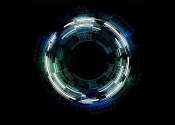Scientists tame biological trigger of deadly Huntington's disease
Huntington's disease causes involuntary movements and dementia, has no cure, and is fatal. For the first time, UC Riverside scientists have shown they can slow its progression in flies and worms, opening the door to human ...
Nov 8, 2023
0
35









